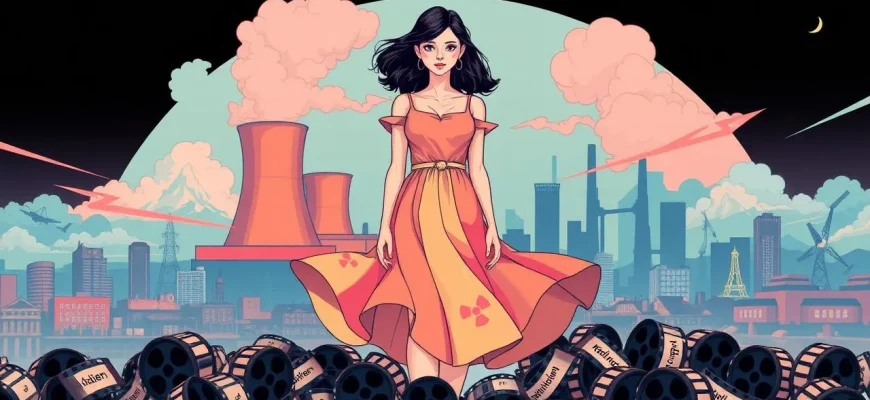Radiation poisoning is a harrowing subject that has inspired numerous filmmakers to delve into the lives of those affected by nuclear disasters or radiation exposure. This curated list of 10 biographical films not only sheds light on the human cost of nuclear incidents but also provides a poignant look at resilience, survival, and the quest for justice. Each film in this collection has been chosen for its compelling narrative, historical accuracy, and the emotional depth it brings to the screen, offering viewers a chance to understand the profound impact of radiation on individuals and communities.
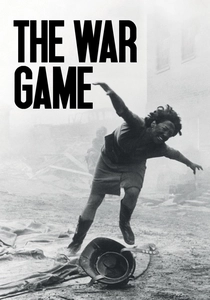
The War Game (1965)
Description: Although a fictional docudrama, it vividly portrays the aftermath of a nuclear attack on Britain, including the effects of radiation poisoning.
Fact: The film was initially banned by the BBC for being too disturbing, but it later won an Academy Award for Best Documentary Feature.
 Watch Now
Watch Now
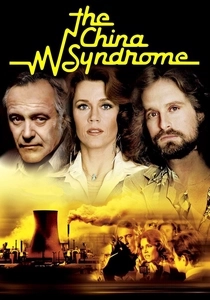
The China Syndrome (1979)
Description: While not strictly a biopic, this film eerily predicted the Three Mile Island nuclear accident, exploring the potential for a catastrophic nuclear meltdown and the subsequent radiation poisoning.
Fact: The film's release was just 12 days before the actual Three Mile Island incident, giving it an uncanny prophetic quality.
 Watch Now
Watch Now
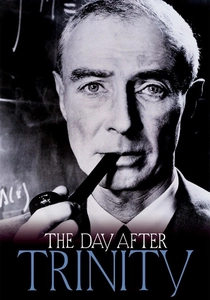
The Day After Trinity (1981)
Description: This documentary focuses on J. Robert Oppenheimer and the Manhattan Project, exploring the ethical dilemmas and the subsequent radiation exposure from the atomic bomb tests.
Fact: The film features interviews with many of the scientists who worked on the Manhattan Project, providing firsthand accounts.
 Watch Now
Watch Now
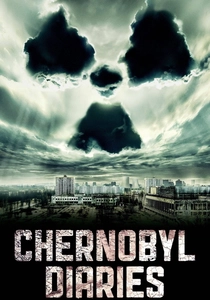
Chernobyl Diaries (2012)
Description: Although more of a horror-thriller, this film captures the eerie atmosphere of the Chernobyl exclusion zone, where radiation poisoning is a constant threat to the characters.
Fact: The film was shot in Serbia, using a location that was made to look like the abandoned city of Pripyat.
 Watch Now
Watch Now
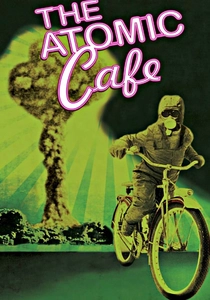
The Atomic Cafe (1982)
Description: This satirical documentary uses archival footage to explore the American government's propaganda during the Cold War, touching on the effects of radiation exposure from nuclear testing.
Fact: The film was nominated for the Grand Jury Prize at the Sundance Film Festival.
 30 Days Free
30 Days Free
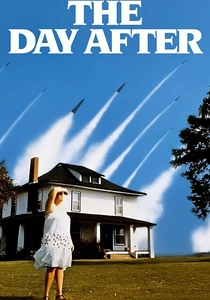
The Day After (1983)
Description: This made-for-TV movie portrays the aftermath of a nuclear war in the United States, focusing on the devastating effects of radiation poisoning on survivors. It's a stark reminder of the potential consequences of nuclear conflict.
Fact: The film was so impactful that it led to a significant increase in public concern about nuclear war, influencing policy discussions.
 30 Days Free
30 Days Free

Silkwood (1983)
Description: Based on the true story of Karen Silkwood, a nuclear plant worker who became an activist after discovering safety violations, this film delves into her battle against radiation exposure and corporate negligence.
Fact: Meryl Streep, who played Silkwood, was nominated for an Academy Award for Best Actress for her performance.
 30 Days Free
30 Days Free
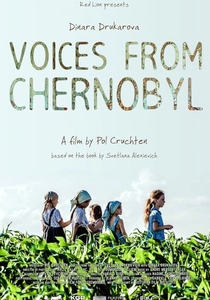
Voices from Chernobyl (2016)
Description: This documentary-style film recounts the personal stories of those affected by the Chernobyl disaster, providing a raw and emotional insight into the lives touched by radiation poisoning.
Fact: The film is based on the book "Voices from Chernobyl" by Svetlana Alexievich, who won the Nobel Prize in Literature in
 30 Days Free
30 Days Free

The Windscale Disaster (1989)
Description: This TV movie dramatizes the events surrounding the Windscale fire, one of the UK's worst nuclear accidents, highlighting the risks of radiation poisoning.
Fact: The film was produced by Yorkshire Television and aired on ITV.
 30 Days Free
30 Days Free

Hiroshima (1995)
Description: This film recounts the dropping of the atomic bomb on Hiroshima, focusing on the immediate and long-term effects of radiation poisoning on the city's inhabitants.
Fact: The film was directed by Roger Spottiswoode, known for his work on "Tomorrow Never Dies."
 30 Days Free
30 Days Free

